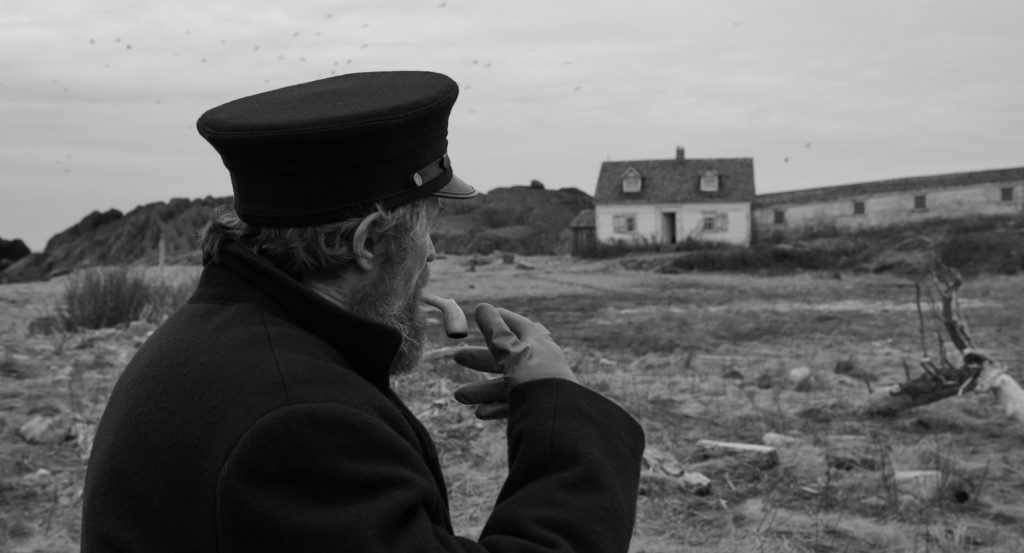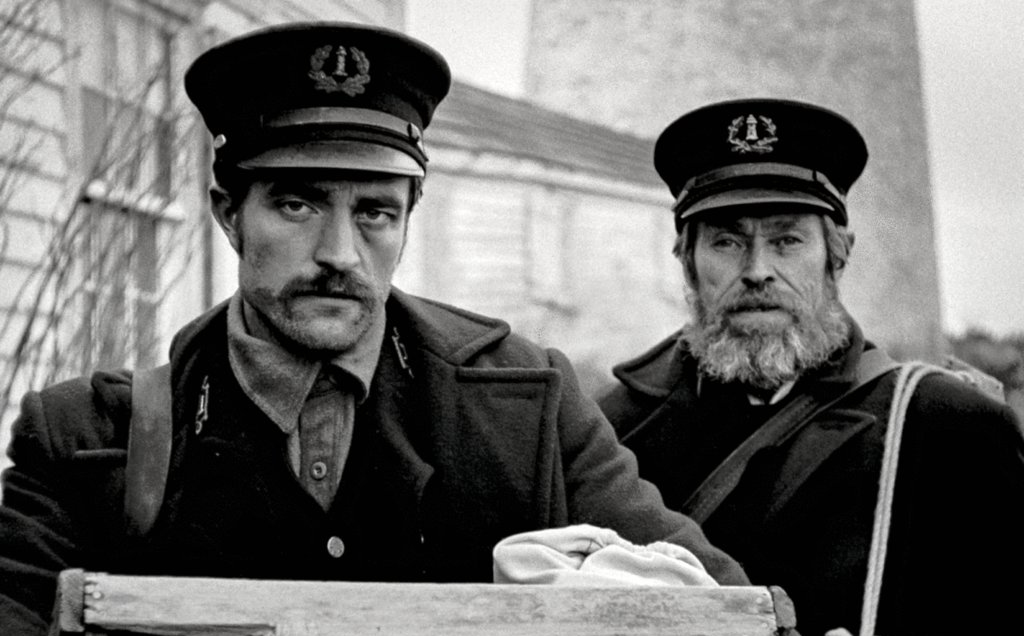Robert Eggers is the Kendrick Lamar of film. There, I said it. No, I won’t take it back. Eggers’ stellar introduction to the world of film, 2015’s “The Witch,” felt like a watershed moment in horror. In a world where jump scares and mindless gimmicks ruled the day, “The Witch” was a film in a league of its own. A classic put together by a first time director, this was Eggers’ “Good Kid M.A.A.D City.”
Now in 2019 we get “To Pimp a Butterfly.” An improvement on the impeccable, Eggers has managed to blow all expectations out of the water and illicit a response from me that I haven’t felt since hearing “TPaB” for the first time. Open mouthed astonishment and scramble minded praise. I have a habit of over hyping things that I like.
“The Lighthouse,” much like “To Pimp a Butterfly,” is a film that I’m not sure can be overhyped. It’s an instant classic that is timeless in its messaging, camera work, and acting. Part of me wants to compare it to Darren Aronofsky’s visionary fever dream, “Mother!,” but this film is somehow less divisive despite being, in my opinion, even less accessible. You should see it anyway if you can. Forget about “Joker;” this is the film to see in 2019. In theatres… which is easier said than done. This isn’t a rental or a Netflix and chill type of film; unfortunately it isn’t the kind that will stay in theatres long.
“The Lighthouse” is a psychological thriller set in the late 19th Century. Starring Robert Pattinson and Willem Dafoe as the only characters in the entire film, we see these two men struggle to stave off boredom while maintaining a lighthouse. That’s all the plot you’re getting from me. Watch the movie.
If you had any doubt in Pattinson’s acting ability, this film is for you. If you, somehow, had any doubt in Dafoe’s acting, this film is for you. Here Robert and honestly maybe even Willem, give career best performances. Performances actors would kill for. With scripts so dense and meaty you’d expect to see them on stage rather than on the big screen. Both characters get to explore a full range of emotion and both have multiple moments to really shine. This script is an actor’s dream. Full of monologues both comedic and dramatic, moments of clarity and insanity, darkness and light, they really get to do it all and then some.
I don’t know what awards there are for production design but, Craig Lathrop deserves all of them. I thought they simply found a nice lighthouse to film in. They didn’t find one; they built one from the ground up. Hearing the stories behind the construction of the set is an amazing reminder of all the work that goes into making any film work, then how much more it takes to make a truly great film. Everyone went above and beyond and the results speak for themselves.

When it comes to technical aspects this film is, to put it mildly, scrumtrulescent. This is the kind of cinematography that sears itself into your grey matter. The shots are bold and immersive, magnificently composed and purposeful, always doing more than is needed to capture the action on screen. They don’t just slap a black and white filter on the footage in Adobe Premiere and call it a day; the lighting and shot composition are all deliberately restrained to what shooting in black and white will allow us to see.
Many of the stylistic choices, the black and white, the 35mm film, the 1.19:1 aspect ratio, even the period piece setting, all work towards making this film feel timeless. That is to say without time, like it could have been made at any point by any long dead visionary. It never loses its sense of weight or profoundness, and never feels pretentious. It’s just an incredible sight for anyone who loves filmmaking. Or theatre for that matter. You feel the amount of care that goes into everything you see on screen; it’s just a truly impressive endeavor from every angle. This is a team of professionals giving their all in every category.
Speaking of theatre, this is where Eggers got his start and, I would argue, where he honed the skills we see on display in this film. “The Lighthouse” is a masterpiece as a film, but it borrows many elements you would find in an experimental theatre piece. The limited cast, strange mythological premise, limited set/locations, the long powerful monologues all make the movie feel like a stage play set outside where the lighthouse itself is the stage. Eggers was a costume designer, a set designer, and a writer for theatre, mainly experimental and street theatre. With the funding to make big budget art house movies, we get these multimillion dollar experimental theatre films. I guess what I’m trying to say is… fund the arts? When Martin Scorsese says Marvel Movies aren’t cinema, what he’s looking for has been found on stages across the world since the days of Shakespeare and long before. Maybe it’s time films became more like the stage plays? Just a thought.
Eggers entire two-film body of work submerges itself in the past. “The Witch” was set in the 1600s and his next film “The Northman” will take place during the 10th Century. Eggers might not be interested in the present or future, but he’ll no doubt have an enormous impact on future filmmakers and film watchers. I can’t wait to see what he does next.

